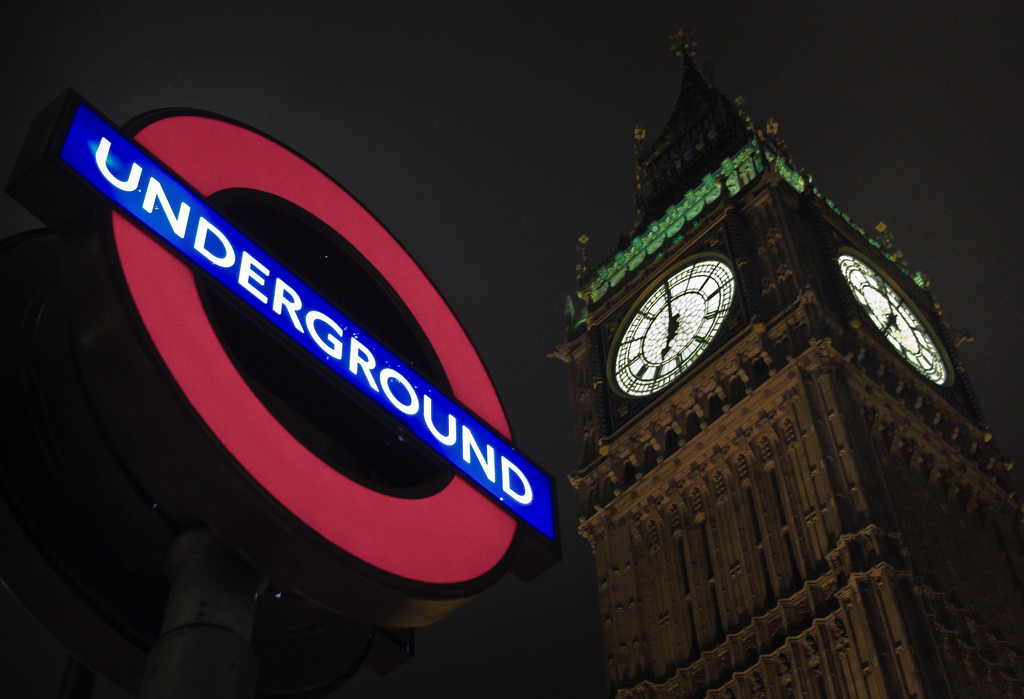“The city and the London night tube”
September 27 London’s business economy has expanded to a 24-hour day, writes Mary Adeyi, 23, a Correspondent in London, UK, as she looks at how the city is adapting to the around-the-clock schedule.
London’s business economy has expanded to a 24-hour day, writes Mary Adeyi, 23, a Correspondent in London, UK, as she looks at how the city is adapting to the around-the-clock schedule.
London is becoming a 24-hour city, which makes London more attractive.
Trends Business Research reveals London’s night-time economy is worth £66bn a year and that it can employ up to 1.3 million people. Night time economies present an opportunity for commercial and social offerings to tourists, labour and business.
The infrastructure for London’s growing night economy is being developed. London Mayor Sadiq Khan has recently launched London’s first night tube. The service has attracted 100,000 users in its first weekend. The service is being supported by increased police presence to ensure safety throughout the night. The 24-hour service will be available on Fridays and Saturdays on the Central and Victoria line, and more lines will be added to the service by the end of the year.
Steve Griffiths, the Chief Operating Officer for the night tube, is particularly keen to highlight how the tube will benefit London’s diverse community. “This is about offering access to people who work in London throughout the night…we are serving many different people with many different requirements and this is fantastic for London,” he said.
Tesco, a leading supermarket, has advertised new ‘trial’ hours in some of its stores along the Victoria and Central lines that now have 24-hour service. For those working late hours, the night tube is a great addition. Sadiq Khan, who has contributed to the facilitation of the night tube, has acknowledged the possibility of antisocial behaviour, litter collection and night tube loitering. The Office for National Statistics (2011/12) on the nature of crime report stated that “around two-thirds of incidents of stranger violence (63 per cent) took place at the weekend, and three quarters (75 per cent) during the evening or night”. As the night service grows the need for safeguarding, measures will also.
The Night Mayor Advisory Committee is reviewing how the service will impact spaces, new investment and innovation. Professor Pratt of the advisory committee has stated that the service is not revolutionary.
“We have had a night bus system for many years. Nobody would choose to commute on a night bus though – in the short term, the main beneficiaries are going to be the workers who staff the venues and events and they will no longer have to take the night bus or taxi home. This will save them time and money,” he said.
Despite the reservations about whether the night economy will be affected by the 24-hour tube, according to Matthew Beaumont, who is the author of ‘Nightwalking: A Nocturnal History of London’, the night-time economy has its corresponding politics. There is concern for protecting the employment rights of workers against exploitative working conditions and zero hour contracts under the night economy and night-related crime.
Sadiq Khan’s #LondonIsOpen campaign is aligning with this new service, welcoming labour and business to London and promoting equality and safety through the capital. Over time, the development of this 24-hour tube service will demonstrate how London compares as a 24-hour city.
photo credit: Hernan Piñera Underground via photopin (license)
…………………………………………………………………………………………………………………
About me: Living in London, I am keen to understand the relationship between culture and the city. Using research and group experiences, I aim to bring attention to how urban governance and public spaces impact social inequalities, public health, education and the youth at local, national and international levels.
My interests include history, intersectionality, world politics and global sustainable development.
…………………………………………………………………………………………………………………
Opinions expressed in this article are those of the author and do not necessarily represent the views of the Commonwealth Youth Programme. Articles are published in a spirit of dialogue, respect and understanding. If you disagree, why not submit a response?
To learn more about becoming a Commonwealth Correspondent please visit: http://www.yourcommonwealth.org/submit-articles/
…………………………………………………………………………………………………………………




